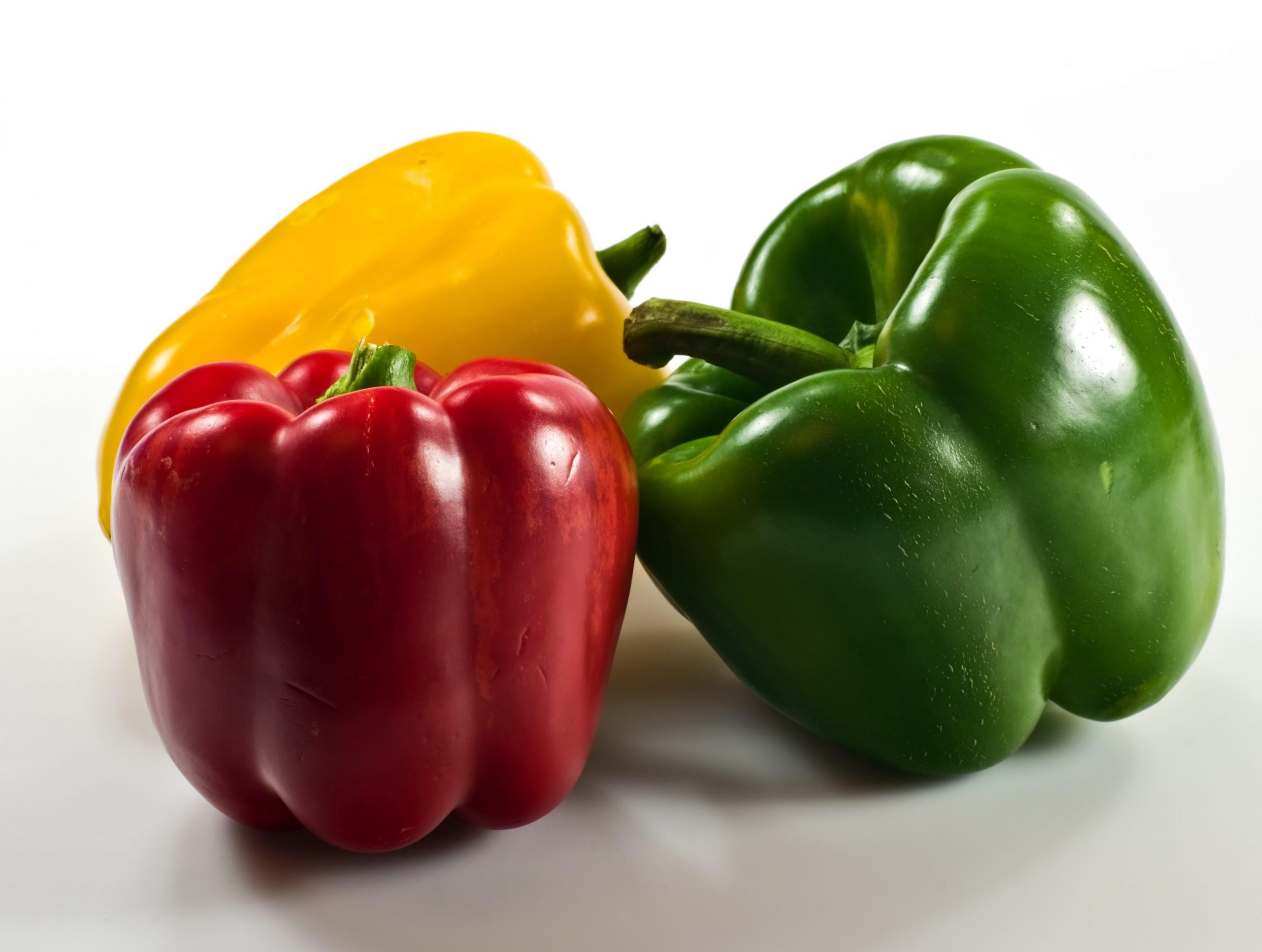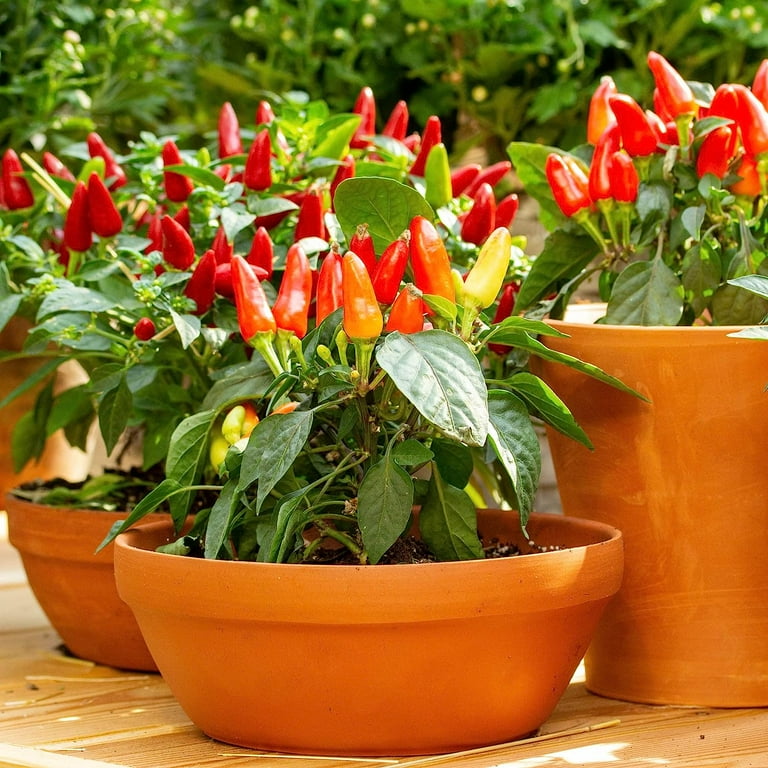Uncover the Best Fertilizers for Peppers: Crucial Nutrients for Prospering Plants
Uncover the Best Fertilizers for Peppers: Crucial Nutrients for Prospering Plants
Blog Article
Organic Vs. Synthetic Fertilizers: Which Is Best for Supporting Healthy Pepper Plants?
In the realm of supporting healthy pepper plants, the selection in between organic and synthetic fertilizers stands as a pivotal decision with significant ramifications. While both options purpose to supply important nutrients to support plant development, the subtleties of their influence on the soil, plant wellness, and the environment stimulate a discussion that echoes throughout the gardening neighborhood. Understanding the distinct advantages and prospective mistakes of each plant food kind is critical for pepper growers seeking to maximize their returns while keeping an eco-conscious and sustainable strategy.
Benefits of Organic Fertilizers
Organic fertilizers offer an environmentally-friendly and lasting approach to nourishing pepper plants, giving vital nutrients without making use of artificial chemicals. These natural fertilizers are stemmed from natural sources such as garden compost, manure, bone dish, and seaweed, promoting soil health and biodiversity. Unlike artificial plant foods, natural alternatives release nutrients slowly, ensuring a well balanced and steady supply for pepper plants to prosper.
One substantial advantage of natural fertilizers is their capacity to enhance soil structure and water retention. By improving soil wellness, organic fertilizers advertise useful microbial activity, which aids in nutrient uptake by pepper plants. Furthermore, natural plant foods decrease the risk of chemical run-off, protecting water sources from pollution and guarding the atmosphere.
In addition, natural plant foods contribute to long-term dirt fertility by advertising the development of useful dirt microorganisms. These microorganisms aid damage down organic issue, releasing nutrients in a type that is easily accessible to pepper plants. best fertilizers for peppers. By cultivating a healthy and balanced soil community, organic fertilizers support sustainable pepper growing practices that profit both plants and the setting
Downsides of Artificial Plant Foods
Artificial plant foods, in contrast to their natural equivalents, position numerous disadvantages when made use of to nurture pepper plants, impacting both plant wellness and ecological sustainability. One significant drawback of artificial plant foods is their propensity to leach nutrients from the dirt rapidly.
Furthermore, the overuse of artificial plant foods can add to water contamination. Excess fertilizers not taken in by plants can remove right into water bodies, causing eutrophication, where algae blossoms deplete oxygen levels in the water, harming marine life. Additionally, artificial fertilizers are typically stemmed from non-renewable resources, such as nonrenewable fuel sources, adding to carbon exhausts and ecological destruction throughout their manufacturing.
Nutrient Absorption Comparison
When contrasting artificial and natural plant foods in terms of nutrient absorption, natural fertilizers have the benefit of giving a much more well balanced and slow-release resource of nutrients. Organic plant foods have a range of macro and micronutrients that are not just helpful for the plants but also promote healthy and balanced soil microbial task, which aids in nutrient uptake.
Moreover, organic fertilizers boost soil structure and water retention ability, permitting pepper website link plants to access nutrients much more effectively. This enhanced dirt quality facilitates root growth, enabling better nutrient absorption. Synthetic fertilizers, although originally improving plant growth because of their high nutrient focus, might hinder long-term nutrient absorption by derogatory dirt health in time.
Environmental Influence Factors To Consider

On the other hand, artificial fertilizers, although typically more promptly offered and focused to plants, can have destructive results on the atmosphere if not applied appropriately (best fertilizers for peppers). Their production needs high energy inputs, leading to greenhouse gas exhausts and adding to environment modification. The runoff of excess synthetic fertilizers can contaminate water sources, leading to eutrophication and hurting aquatic environments.
Best Plant Food Practices for Peppers
To achieve this, it is important to comply with best fertilizer techniques customized to the certain demands of pepper plants. One important technique is to do a soil test prior to using any type of fertilizers.
Another crucial method is to fertilize pepper plants at the correct time. Typically, peppers take advantage of getting fertilizer at planting and then again when they begin to blossom. Over-fertilizing can cause nutrition imbalances and damage the plants, so it is find this crucial to adhere to suggested application prices.
Furthermore, choosing a balanced fertilizer with an NPK proportion that fits pepper plants' requirements is fundamental. Eventually, integrating organic and synthetic fertilizers deliberately can dig this aid support healthy and balanced pepper plants while reducing ecological effect.
Verdict

Organic fertilizers provide an environmentally-friendly and sustainable technique to beneficial pepper plants, giving vital nutrients without the use of synthetic chemicals. Unlike artificial fertilizers, organic options release nutrients slowly, making sure a steady and balanced supply for pepper plants to grow.
Synthetic plant foods, in contrast to their natural equivalents, position numerous drawbacks when made use of to nurture pepper plants, influencing both plant health and wellness and ecological sustainability. When comparing organic and synthetic plant foods in terms of nutrient absorption, natural fertilizers have the advantage of supplying a much more well balanced and slow-release resource of nutrients.In addition, natural plant foods improve soil framework and water retention capability, enabling pepper plants to accessibility nutrients more efficiently.
Report this page